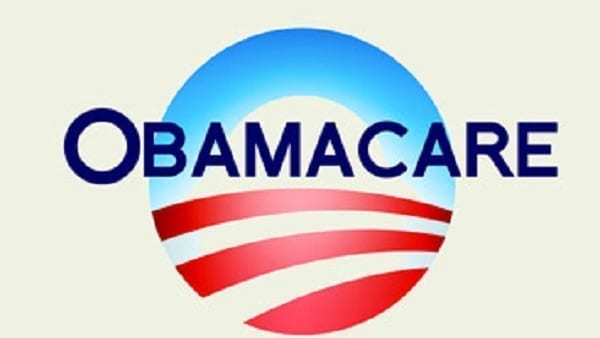The days of Obamacare are limited, but what will be the alternative? The GOP is attempting to move swiftly to eliminate marketplace plans, but an immediate replacement can’t be guaranteed, leaving millions of Americans and their insurance companies scrambling to figure out what the options are. “Repeal…and Replace?” More like repeal and wait.

House speaker Paul Ryan is assuring the public that a replacement framework will be released in the coming days. However, its actual roll out could be delayed as much as two to four years, and the uncertainty of a solid release date will only wrack further havoc on the already unstable health care marketplace. The provisions of the proposed replacement plan are less than desirable, too, including less coverage, higher premiums and deductibles and even talks of defunding the long time go to for the underinsured, Planned Parenthood.
There has been talk of passing the “repeal” portion of the repeal and replace plan immediately, but delaying the actual repeal until a solid alternative can be rolled out. Unfortunately, the administration’s efforts to induce confidence by delaying the removal of current options simply doesn’t work. Pushing to repeal without a solid consensus regarding a viable alternative will only induce further panic and uncertainty. People don’t do well with uncertainty. And, knowing that the marketplace incentives are going to be a thing of the past regardless if they’re removed today, tomorrow or two years from now, leaves companies and individual enrollees without any incentives for staying status quo. Plus, talks of repealing Obamacare’s tax, along with the subsidies and individual mandate, but not its regulations to include allowing all parties interested to receive care and catering to those with preexisting conditions only adds fuel to the fire. The marketplace has been hit with sicker than expected enrollees, forcing insurance companies to pay out more than anticipated. Continuing to allow of these provisions will only make more and more insurers opt out of the program altogether, further limiting the number of available plans.
Companies will exit more swiftly with the knowledge that the structure will be eliminated before its expiration and individuals, who will stop receiving government incentives to stayed signed up and will no longer be subjected to penalties for not carrying insurance, will opt to not carry, seek out more affordable plans elsewhere, or at least begin to research alternative options. Since individuals will need to start making their 2018 elections in the later months of 2017, we need only to wait a few months to see how drastically health care options change.



Join the conversation!